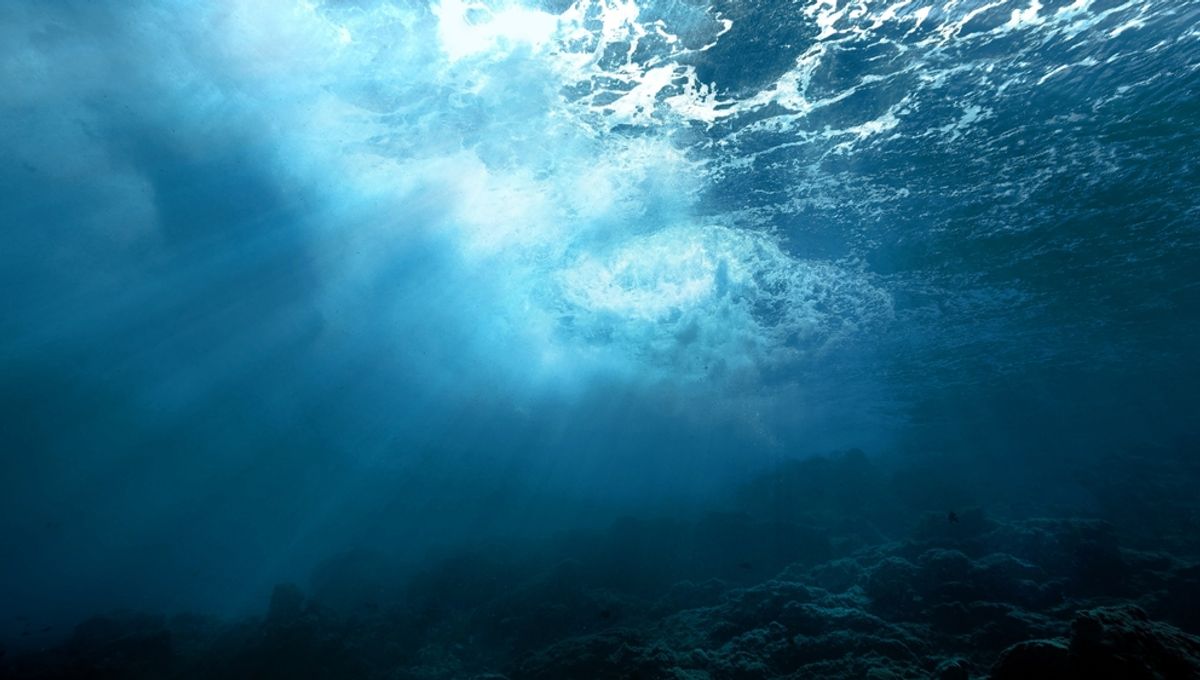
Life is surprisingly persistent in the Mariana Trench, the deepest place on Earth. Whether or not you subscribe to the idea that viruses count as “life”, little is known about the ones that make it their home. In a new study, researchers have identified a previously unknown bacteriophage residing in the trench, and in doing so, expanded our understanding about the diversity of viruses in the depths of our waters.
The newly discovered virus is a bacteriophage (often shortened to “phage”), a kind of virus that infects and replicates inside bacteria. Scientists believe they are the most abundant organisms on the planet and that wherever we find bacteria, it’s pretty likely that phages are there too.
An international team of researchers found the phage within sediment from the Mariana Trench, brought up from a depth of 8,900 meters (29,200 feet). “To our best knowledge, this is the deepest known isolated phage in the global ocean,” said Min Wang, a member of the research group, in a statement.
Catchily named vB_HmeY_H4907, the phage is thought to represent a brand-new family of siphoviruses, which have double-stranded DNA. It infects Halomonas, a group (or more accurately, genus) of bacteria that are often found in the deep sea and at hydrothermal vents and are thought to play an important role in these environments.
As phages and their host bacteria frequently co-evolve, the researchers conducted a genomic analysis of the new phage’s DNA, in the hope it might provide clues as to its evolution and how it interacts with its Halomonas hosts.
The results of the analysis suggested that it is widely distributed in the ocean, but also evolutionarily distant from the reference viruses used. Significantly, it was also found to be lysogenic – it incorporates its own genome into the host genome, meaning that when the bacteria cell replicates and divides, the viral genetic material is also copied and ends up in the new cells.
This DNA replacement might provide evidence as to how both organisms have been able to persist in such harsh underwater environments, hinting at co-evolution. However, further research is required to fully examine this possibility; the study authors are planning future investigations into the molecular mechanisms driving interactions between deep-sea viruses and their hosts.
They also want to continue the search for new viruses in other extreme environments, in the hopes that it will broaden understanding of viruses and microbial life in the deep sea, and beyond.
The study is published in Microbiology Spectrum.
Source Link: Brand New Virus Discovered In Depths Of The Mariana Trench